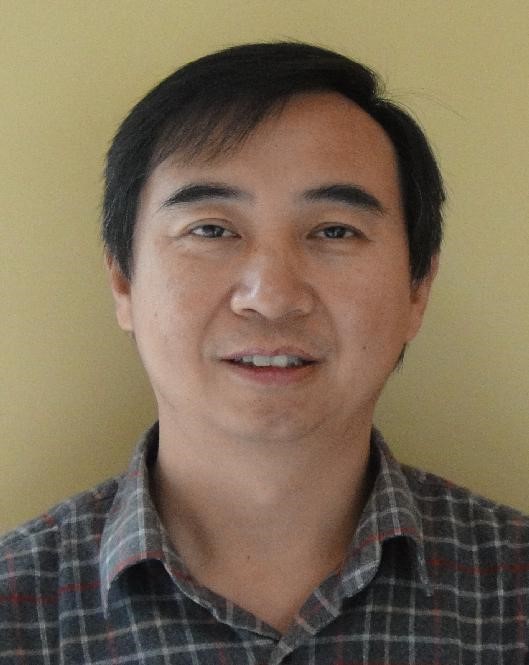Plenary Speakers
|
[Abstract] The Big Data paradigm is one of the main science and technology challenges of today. Big data includes various data sets that are too large or too complex for efficient processing and analysis using traditional as well as unconventional algorithms and tools. The challenge is to derive value from signals buried in an avalanche of noise arising from challenging data volume, flow and validity. [Biography] Václav Snášel is Professor of Computer Science at VŠB - Technical University of Ostrava, Czech Republic. He works s researcher and university teacher. He is Dean Faculty of Electrical Engineering and Computer Science. He is head of research programme IT4 Knowledge management at European center of excellence IT4Innovations. |
|
[Abstract] In the talk I will review supervised inductive machine learning algorithms that generate rules and justify why they are a preferred choice for model building in many domains. [Biography] Mengjie Zhang is currently Professor of Computer Science at Victoria University of Wellington, where he heads the interdisciplinary Evolutionary Computation Research Group with 10 staff members and over 20 PhD students. He is a member of the University Academic Board, a member of the University Postgraduate Scholarships Committee, a member of the Faculty of Graduate Research Board at the University, Associate Dean (Research and Innovation) for Faculty of Engineering, and Chair of the Research Committee for the School of Engineering and Computer Science. His research is mainly focused on evolutionary computation, particularly genetic programming, particle swarm optimisation and learning classifier systems with application areas of computer vision and image processing, multi-objective optimisation, and feature selection and dimension reduction for classification with high dimensions, classification with unbalanced data. He is also interested in data mining, machine learning, and web information extraction. Prof Zhang has published over 350 research papers in fully refereed international journals and conferences in these areas. He has been supervising over 100 research thesis and project students including over 30 PhD students. |



